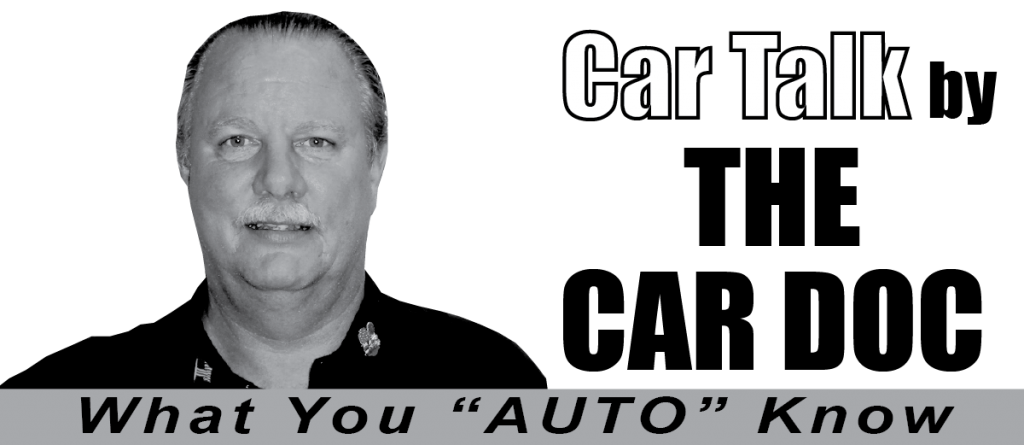I’m often asked about why timely service is so important. I hope you find the answers to the questions below helpful too!
Q: I’m always being told I need my filters changed. What’s that all about?
A: Oil, fuel and air filters all work hard to improve your engine’s running condition. When they get dirty, contaminants enter the system. This causes rough idling, loss of acceleration, decreased power and lower gas mileage.
Q: I usually fill up with gasoline when my car is almost on empty. I was told that isn’t necessarily a good thing. What’s wrong with that?
A: The gasoline in the tank is the cooling agent for the pump. When the level is low, the pump is exposed and runs too hot.
Q: I have heard that “exchanging” transmission, radiator, brake and power steering systems are a good idea? Why?
A: In all cases, mileage and use means more contaminants and breakdown of important fluid additives which help prevent wear and corrosion. When the systems are exchanged and new, clean fluid is added, you now have the protection of new fluid loaded with additives and without harmful contaminants that are creating excessive wear. When you consider the cost of a transmission, radiator, an ABS brake system or power steering units, fluid exchange, next to oil changes, is the best bargain out there!
Q: If I have a concern about a noise, or notice that my car is just acting different, what should I do?
A: Call your car care provider as soon as possible. If they think it needs immediate attention they will tell you to bring it in. Safety comes first and they will never advise you to drive a vehicle that needs attention now.
Q: What can I do to lower repair costs?
A: Maintain components before they become major problems. This is the key to saving money. When you bring your car in for service, your car care provider can alert you to future repair needs or replacement parts so you can budget accordingly.
Q: I am so busy I sometimes forget to have my car serviced. What is an easy way to remember?
A: Try to preset an appointment and ask to be called a day or two in advance. If your car care provider doesn’t offer this service, think of the calendar by seasons. On the first day of spring, summer, fall, winter call and schedule an appointment.
Q: What’s the deal with diagnostic testing? Doesn’t that cost me more money?
A: No, it actually saves you money. Trying to diagnose today’s computerized vehicles without the proper training or diagnostic equipment can result in misdiagnosis costing you $100 or $1000 in unnecessary repairs (known as parts swapping).
Certified Auto Specialists: the friendlier and more helpful auto shop! Feel free to call 626-963-0814 with any questions, and we will be glad to help, or visit our website at CertifiedAutoCa.com.
Hometown Service You Can Count On!







